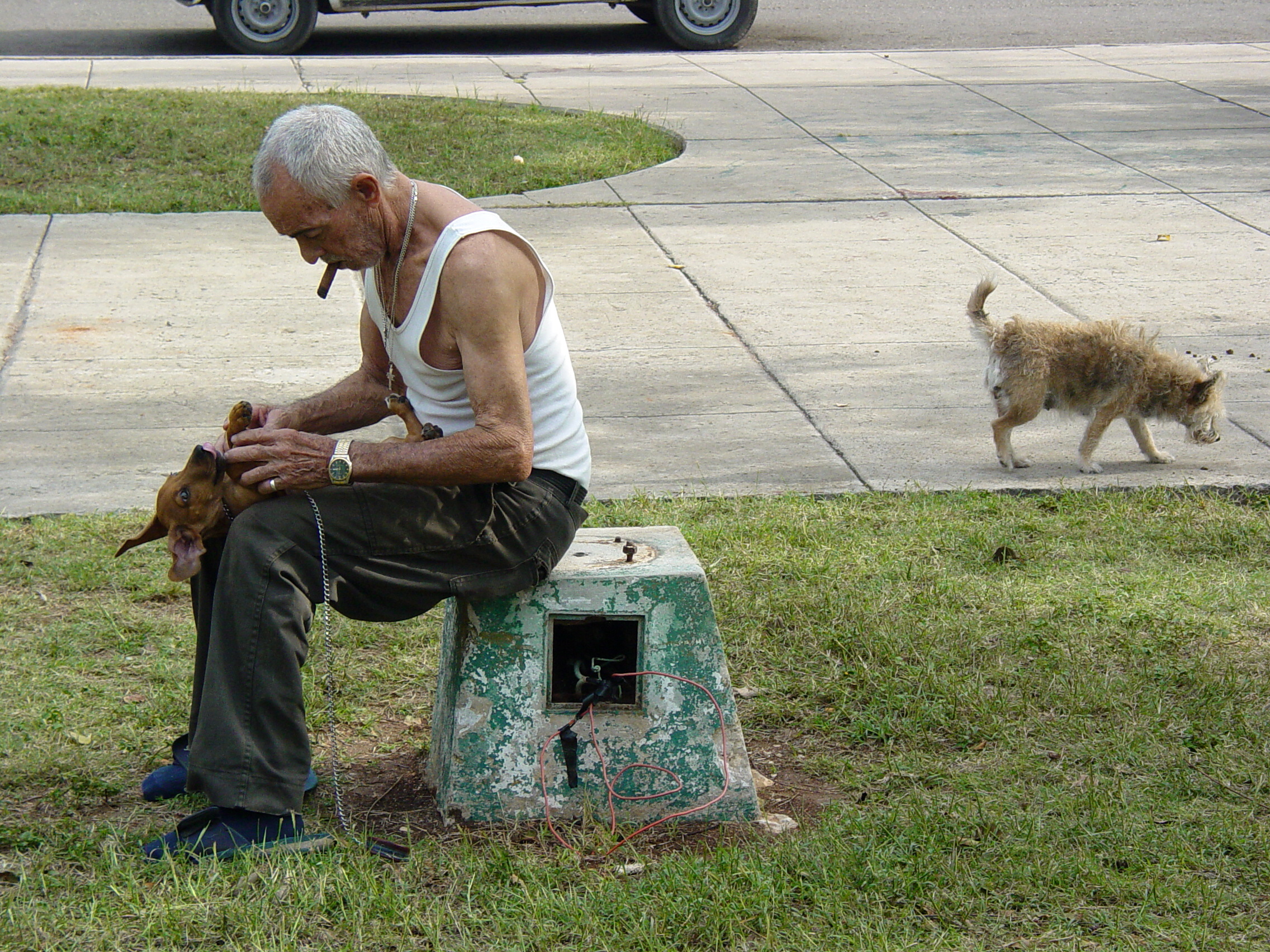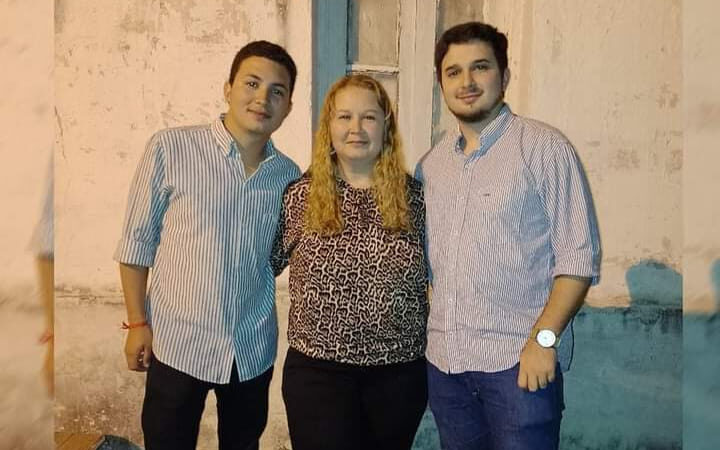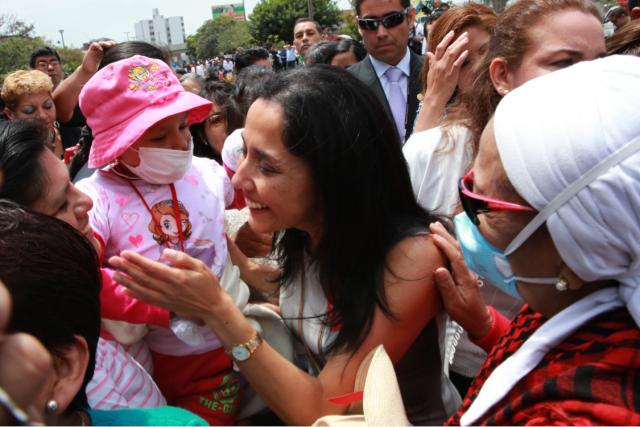Cuban Labour Minister Marta Elena Feitó Cabrera has resigned after claiming that there were no true beggars in Cuba. Instead, she asserted, there are only people “disguised as beggars” in the island nation.
According to the minister, those who clean windshields and forage in garbage dumps do so to “buy alcohol” and scavenge materials “to resell and not pay tax”. Financial necessity, she argued, was not a factor.
The comments, made on Monday 14th July, caused a backlash so strong that, by the night of Tuesday 15th July, the official X account of the Cuban President announced that the minister had “recognised her mistakes and submitted her resignation”.
In the immediate aftermath of the comments, a group of intellectuals, activists, artists and ordinary Cuban citizens organised a petition to remove the minister from office.
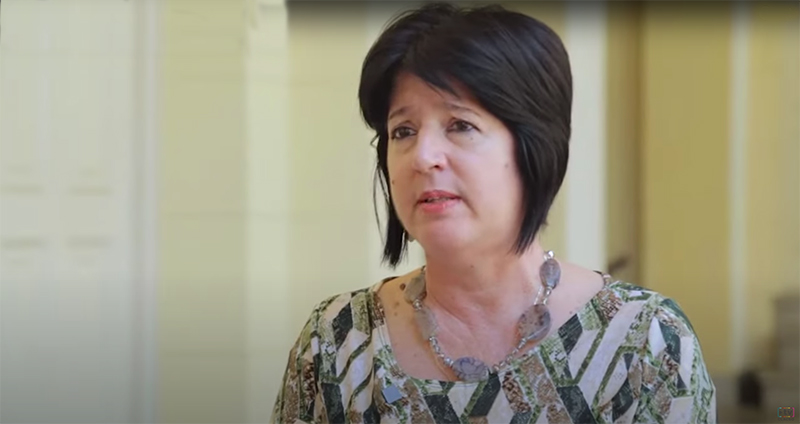
Image Source: CLACSO via X.
The petition, which was addressed to the National Assembly of People’s Power (the Cuban parliament), accused Feitó of denying the existence of extreme poverty in Cuba and criminalising the most vulnerable members of Cuban society.
Cuba’s political leadership reacted swiftly to the public outrage at the minister’s comments. Cuban President Miguel Díaz-Canel and Cuban Prime Minister Manuel Marrero Cruz distanced themselves from Feitó’s comments.
Díaz-Canel recognised that “the existence of homeless individuals is a real and undesired phenomenon in our society”, whereas Marrero Cruz reiterated that caring for “people, families and communities in vulnerable situations has always been and will always be a priority of the revolution”.
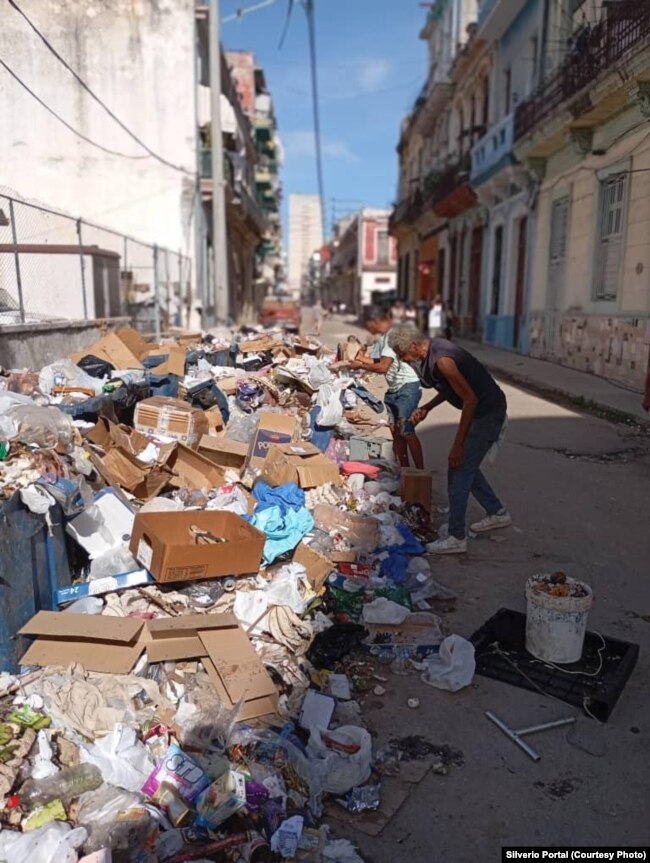
Image Credit: FNCA via X.
Since the triumph of the Cuban Revolution in 1959, Cuban political leaders have prided themselves on the effective eradication of homelessness in the country. Cuban revolutionary ideology has historically treated housing as a human right.
Ergo, after Fidel Castro came to power, private renting was banned, state-built housing programmes were expanded and the Urban Reform Law, passed in 1960, stipulated that rents and mortgages could not exceed more than 10% of a family’s income.
As a result, most Cuban households have enjoyed homeownership and relative safety from homelessness for decades. According to World Population Review, Cuba has the eighth highest rate of homeownership (90%) in the world.
However, this statistic dates back to a study conducted in 2014. Since then, the Cuban economic situation has deteriorated significantly and the housing market reflects this.
In October 2023, Cuba’s Director of Housing, Vivian Rodríguez, said that there was a national housing deficit of 800,000. El País, reporting in April 2025, claimed that “unofficial figures” put the number of Cuban homeless at 1.2 million.
Feitó’s comments come amidst an exacerbation of Cuba’s economic and diplomatic woes, as the United States has increased the severity of its long-standing economic embargo against Cuba by sanctioning Cuban hotels and various Cuban government officials, including President Díaz-Canel himself.
Featured Image: A Cuban man plays with his dogs in John Lennon Park, Havana.
Image Credit: Adam Jones via Wikimedia Commons.
License: Creative Commons Licenses


